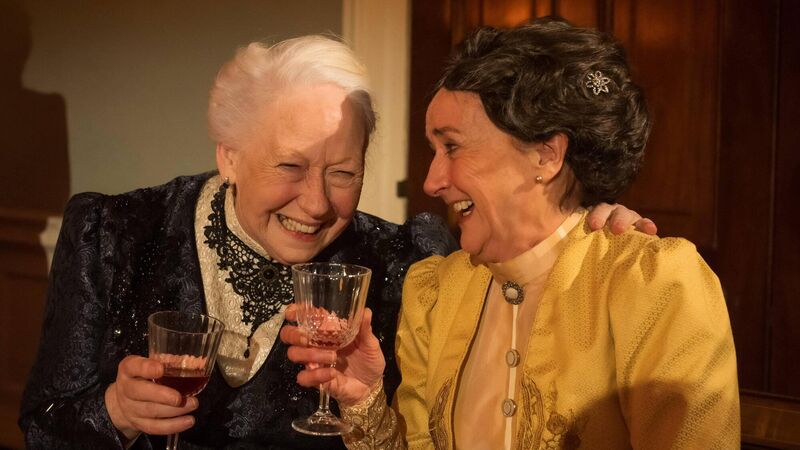Theatre review: Immersive adaptation of The Dead has audience being led through Museum Of Literature

Marie Mullen and Bairbre Ní Chaoimh in The Dead. Picture: Patrick Redmond
Try from €1.50 / week
SUBSCRIBE
Marie Mullen and Bairbre Ní Chaoimh in The Dead. Picture: Patrick Redmond
Already a subscriber? Sign in
You have reached your article limit.
Annual €130 €80
Best value
Monthly €12€6 / month
Introductory offers for new customers. Annual billed once for first year. Renews at €130. Monthly initial discount (first 3 months) billed monthly, then €12 a month. Ts&Cs apply.
Newsletter
Music, film art, culture, books and more from Munster and beyond.......curated weekly by the Irish Examiner Arts Editor.
Newsletter
Music, film art, culture, books and more from Munster and beyond.......curated weekly by the Irish Examiner Arts Editor.
© Examiner Echo Group Limited